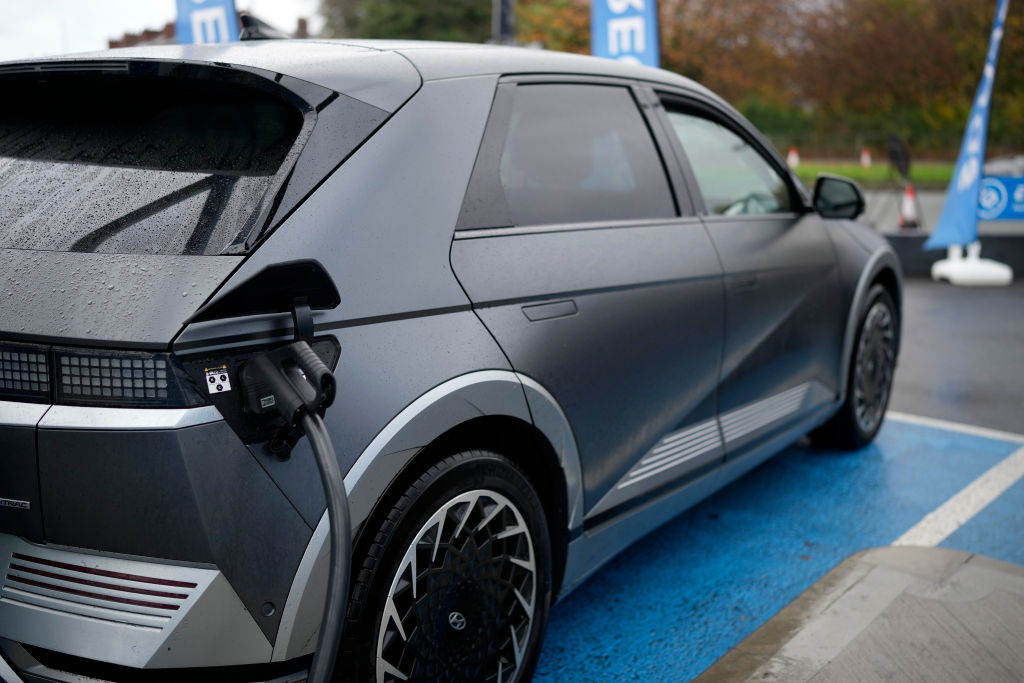Explainer: If the middle class can’t afford electric cars, what about everyone else?

Green innovation always had one big problem to grapple with: affordability. Healthy, organic food is great, but not as long as it’s affordable only for the privileged few clients of Planet Organic. A pair of sustainable socks can cost you up to £30. This is not to say that those who can afford to make those choices shouldn’t; every small step counts, but the price makes the whole system inherently unfair. In very simple terms, it doesn’t work until it works for everyone.
This conundrum is now plaguing the electric cars industry too. Lauded as the revolution in transport, EVs were meant to revolutionise the way we travel around. Many jumped on the bandwagon and got one as soon as they could. But now, as the cost of power skyrockets, people are considering whether the trade-offs of going electric are worth it.
Less than a fifth of car buyers are considering buying an electric vehicle this year, compared with one in four a year ago, new research from AA shows. As inflation pushes general car prices up, and the energy crisis pushes power prices even higher, electric cars risk becoming another item for the few. The chief executive of Stellantis has warned middle classes can’t afford them anymore.
As of this month, there are now over 680,000 battery-electric cars on UK roads, plus a further 455,000 plug-in hybrids, according to zap-map.com. British drivers are aware of the environmental difference an electric car can make, and are willing to make a switch: eight in ten who want to buy a car this year say they’d be happy to change their diesel or petrol-powered model for another combustion engine, according to the AA. But they need to be able to afford it.
Eventually, the cost of electric cars will go down. New types and designs of batteries will increase efficiency, cutting costs and thus prices. But this will take time – and in the meantime, several governments in the EU have had to introduce incentives to keep the uptake in electric cars going.
Price is the main, but not only, problem with EVs in the UK. The charging infrastructure can prove a nightmare for electric newbies – with 74 per cent of EV owners disappointed with public infrastructure, according to research published by Which? The Department of Transport has committed £1.6bn since 2020 to improve the network – but the results are slow to show.
This might be a temporary slump – but again, it’s part of the bigger problem. If we want to transition, as a society, to a more sustainable path, we need to bring everyone with us – not just the very wealthy.